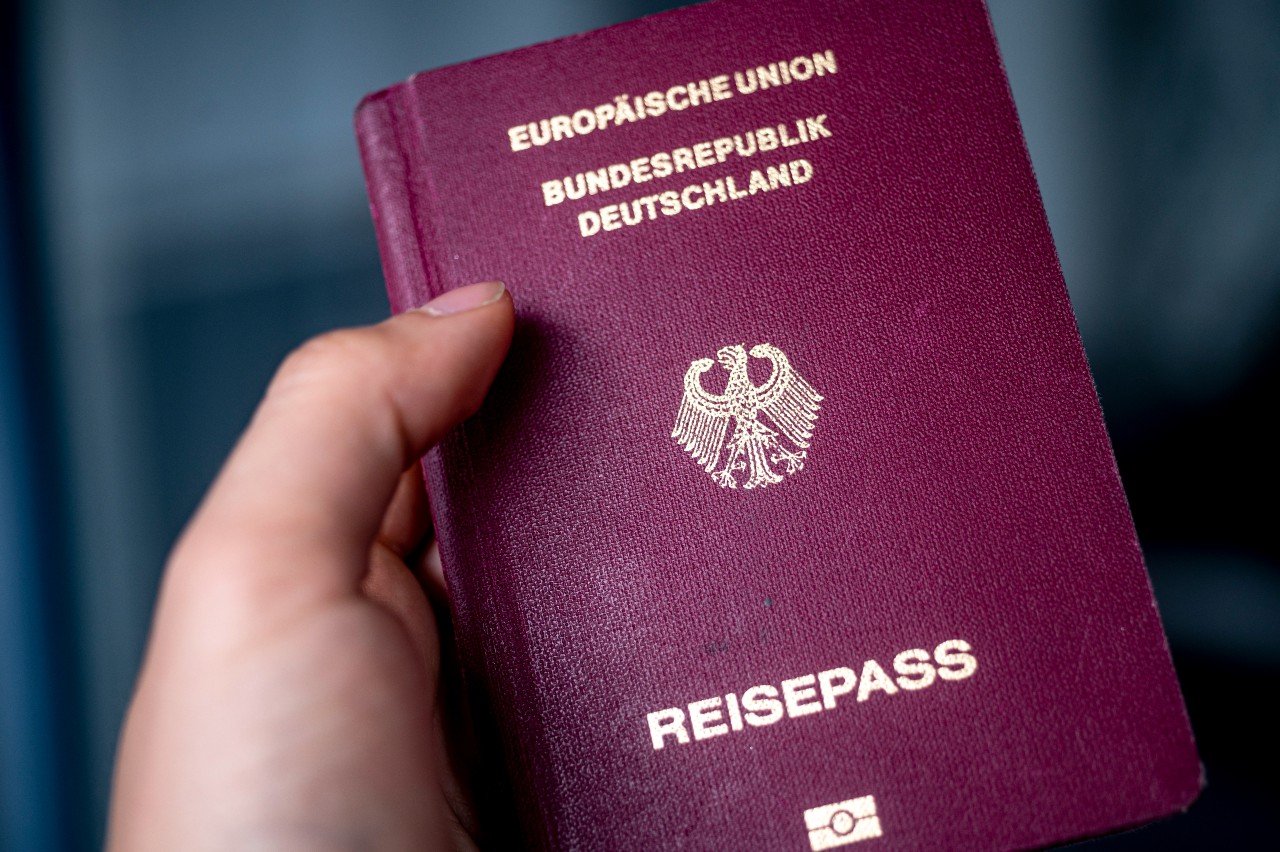With the German economy looking gloomy and an increasingly hostile atmosphere to migrants, many internationals are wondering if they really want to stay in the country forever.
Some want the benefit of an EU passport but then to leave the country either permanently or for an extended break, perhaps to warmer shores.
But with the Staatsangehörigkeitsgesetz (naturalisation law) not expected to pass and come into force until next year, and the naturalisation processes taking a year in most places (or even as long as three in Berlin with its especially busy offices), some internationals might be getting restless and wonder if they can send off their application when the law changes and then jet off.
READ ALSO: What are the next steps for Germany’s long-awaited dual nationality law?
But can people leave Germany if they want to get a German passport?
The answer is: not really.
“If someone leaves the country before completing the naturalisation procedure, naturalisation is no longer possible,” Berlin-based immigration lawyer Sven Hasse told The Local.
“All naturalisation requirements must be met at the time the naturalisation certificate is issued.”
One of the main requirements is to have lived in Germany legally for a certain length of time and to have the appropriate residence permit if applicable.
READ ALSO: 8 reasons why German citizenship trumps permanent residency

What about if foreign nationals have a permanent residency document or a post-Brexit article 50 leave-to remain permit?
“It should also be noted that most residence permits, including permanent ones, expire if the holder leaves Germany for a reason which is not temporary by nature or do not re-enter within 6 months, according to Section 51 of the immigration act,” Hasse points out.
Of course migrants are allowed to go on holiday, including long ones, but according to Section 12b of the citizenship act “habitual residence is interrupted for the acquisition of citizenship” if that exceeds six months.
For longer stays or things like taking up work abroad, you’ll need to deregister to avoid slipping through the cracks or facing legal trouble for being seen to evade immigration law, and since you need to have a registered address in Germany to apply for citizenship, that will likely mean your application is denied.
Ordinary residence in Germany is not considered interrupted by stays abroad of up to six months. In case of longer stays abroad, ordinary residence in Germany is deemed to continue if the foreigner re-enters the federal territory within the deadline stipulated by the foreigners authority.
That means it’s worth checking the conditions of your residence permit with the immigration office and even consulting a lawyer on your specific situation.
READ ALSO: Should you apply for German citizenship before or after the new law comes in?
There are some notable exceptions to this rule, for example if internationals have to do compulsory military service in their home countries, or if they are an EU or EEA citizen already.
And for those with itchy feet, moving around inside Germany might cause complications too. If you apply for citizenship in Leipzig, for instance, but then change your address and move to Berlin, then you will have to restart the whole process again.
That can cause additional delays and stress so it’s worth keeping it in mind and – once again – talking with an immigration lawyer if you have any questions on your own situation.
With all this in mind, it’s fair to say that for some foreign residents, it could mean that they are stuck in Germany for longer than they want.
INTERVIEW: What is the biggest problem foreigners face when applying for German citizenship?



 Please whitelist us to continue reading.
Please whitelist us to continue reading.
Hi,
I’m planning to apply for German citizenship. Given the long waiting times in Berlin, I’m considering moving to Brandenburg before applying.
What are the citizenship application processing times in Brandenburg? What would you recommend considering before taking such an approach?
Thanks!